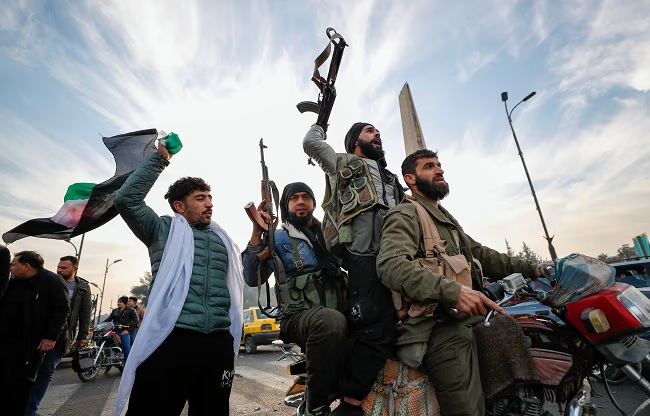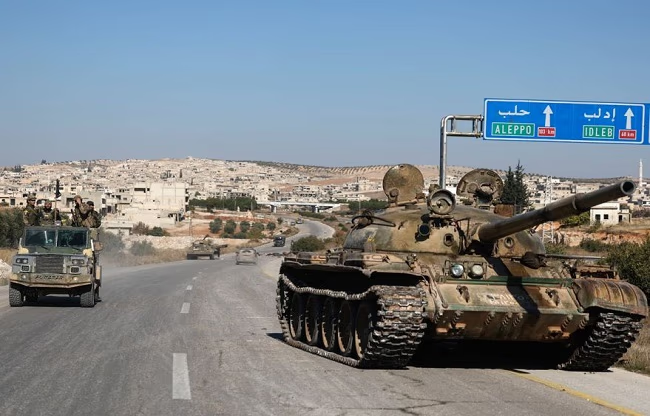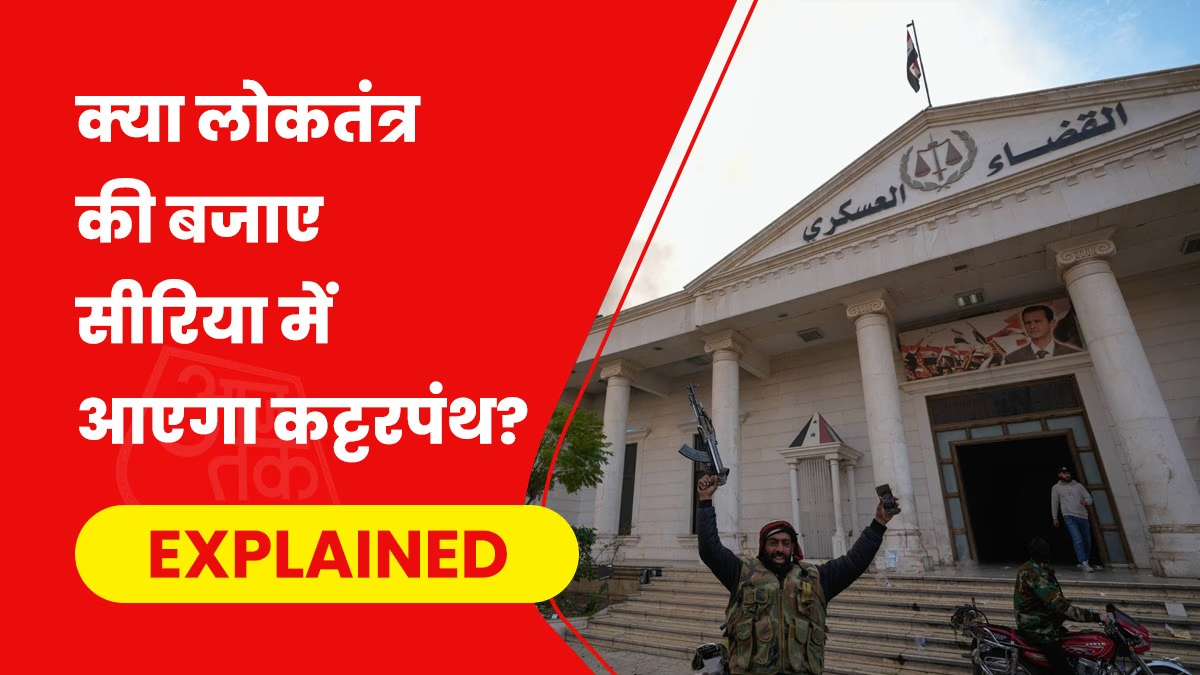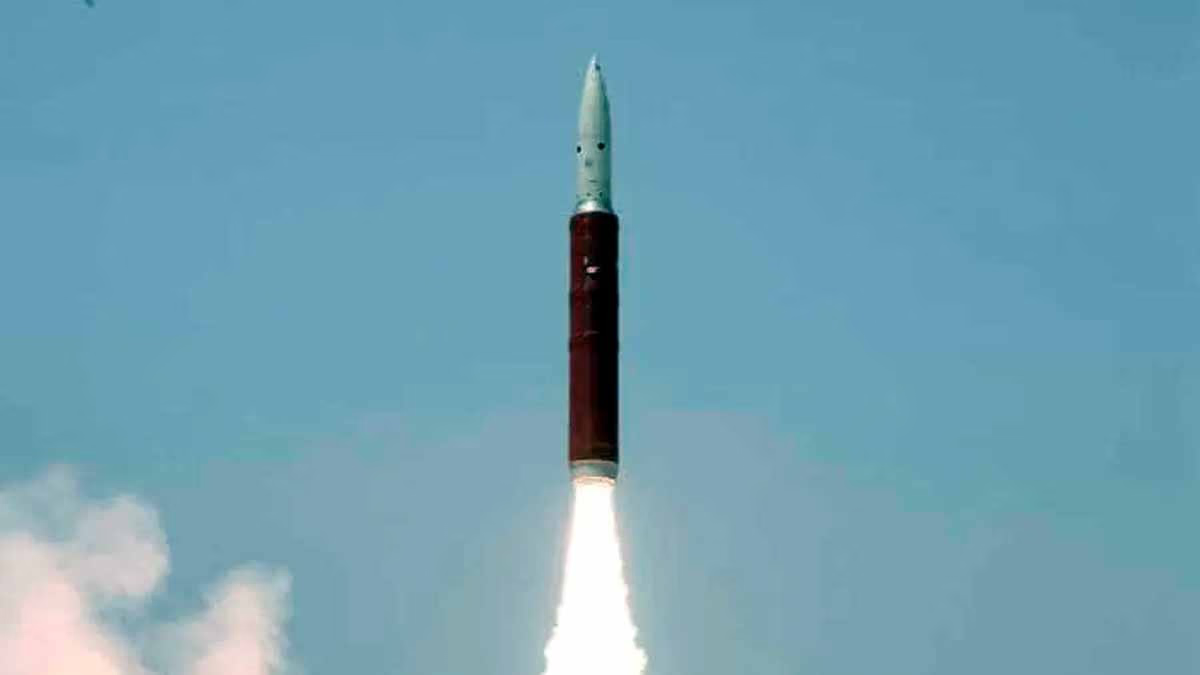The end of decades-long autocracy in Syria came with the overthrow of Bashar al-Assad. With the president fleeing, the reins of power have found new hands in the insurgent group Hayat Tahrir al-Sham (HTS). Can this group, once known for its radical approaches, govern the nation responsibly? Or is Syria trading one hardship for another?
Tracing HTS History
The leadership triumph of coalition forces under HTS has stirred concerns among Syrian citizens. With the old government’s collapse, a void now permeates the country, pressuring HTS to fill it. However, its controversial past looms large.
The Arab Spring of 2011 ignited the formation of various rebel factions, eventually coalescing under HTS following Assad’s regime's influx. Prior allegiances with al-Qaeda persist, fueling fears of extremism due to Jabhat al-Nusra’s presence within HTS, previously tied to al-Qaeda.
The organization formally distanced itself from al-Qaeda, yet its leadership and ideology remain barely changed.

Source: aajtak
Does HTS Have Political Experience?
HTS is essentially an armed organization initially bolstering its influence in select cities like Idlib, where a parallel government named the Salvation Government emerged. This so-called government interferes in administrative and civic affairs to assert its existence, although it lacks global legitimacy, with allegiance resting with the former Assad administration.
This governing body mimics a governmental framework through departments like justice, education, health, and administration under HTS oversight, aligning with the extremist ideologies and policies.

Source: aajtak
What If HTS Takes Over?
The scenario in Idlib reflects potential consequences. Though HTS established a parallel administration, citizen dissatisfaction persists due to rigid Sharia implementation and curtailed women's freedoms. The Salvation Government lacks international recognition, hindering funding opportunities. Persistent conflicts between Assad forces and HTS contribute to Idlib’s instability. Without political acumen and a rigid ideology, HTS’s governance of the nation raises questions of efficacy.
What Are the Challenges?
- Since the Arab Spring, millions of displaced Syrians long for resettlement, posing a major challenge.- Neighboring countries host militant groups like Hezbollah receiving weapons via Syria. Reconciliation among warring factions post-regime change is difficult.- Revitalizing Syria’s deteriorated economy requires international aid, compelling HTS to legitimize itself as a democratic government.




